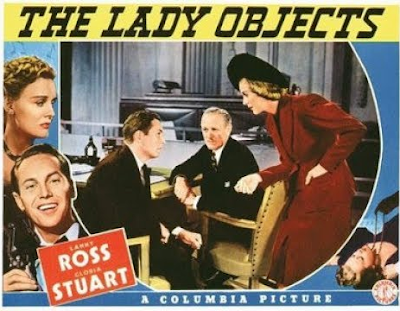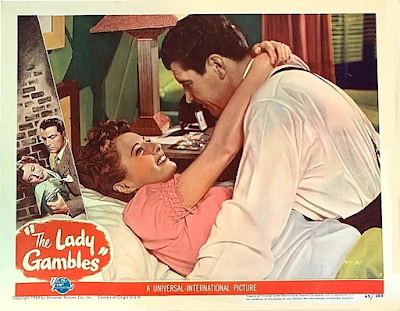Wonderland Burlesque's
Let's All Go To The Movies
She's A Lady
Part XII
Sometimes? It takes a lady.
Or so these films would have us believe.
They promise lots of drama, the occasional comedy or musical, and a little bit of dirt!
Let's take a walk down Hollywood Blvd. and shine a light on these magnificent classic films.
This way, if you please. But remember...
Ladies first!
--- ---
The Lady Lies
(1929)
This American Pre-Code drama was directed by Hobart Henley, and stars Walter Huston, Claudette Colbert and Charles Ruggles.
Walter Thomas Huston was a Canadian actor and singer. Huston won the Academy Award for Best Supporting Actor for his role in The Treasure of the Sierra Madre, directed by his son John Huston. He is the patriarch of the four generations of the Huston acting family, including his son John, grandchildren Anjelica Huston and Danny Huston, as well as great-grandchild Jack Huston. The family has produced three generations of Academy Award winners: Walter, his son John, and granddaughter Anjelica.
Claudette Colbert and Walter Huston
--- ---
The Lady Of Scandal
(1930)
AKA: The High Road
Based on the 1927 play The High Road by Frederick Lonsdale, this American pre-Code romance-comedy-drama was directed by Sidney Franklin, and stars Ruth Chatterton, Basil Rathbone and Ralph Forbes.
When this was filmed Ruth Chatterton (Elsie) and Ralph Forbes (John) were husband and wife, having been married in 1924. They divorced in 1932.
Costumer Adrian perfectly captures the fashion of the era, right down to the new (and scandalous) trend of women wearing trousers for sport, which was popularized by Coco Chanel.
The Lady Objects
(1938)
Ann Adams and William Hayward get married. She has a secretary's job in a law office, while finishing her schooling, and soon makes junior partner. She proves to be a brilliant lawyer. Meanwhile, hubby has a mechanized draftsman job and and acts like a mechanical person - except when he sings. He gets fed up with Ann turning their home into a bar-associate club where all the lawyers argue cases out of court, and he drops out and drops in at a nightclub where he gets a job as a singer. Soon he's making more money as a singer than a draftsman in an architect's office and begins to imply that Ann should now be content with being a housewife. Well, Ann is having none of that. Later, she and her lawyer friends drop in at the club where William is singing, and she sees William getting vamped by one of the girl entertainers. Jealous, Ann walks out after insulting William. So, they part and William gets an apartment. But then a girl is found dead in his apartment, having accidentally strangled herself while drunk. However, the cops aren't buying that story, and William goes on trial for his life with Ann is his defense attorney. Ann's defense is that it was all her fault - for being so career-minded and not providing William with the home-life he deserved. The jury agrees and the two reunite and live happily ever after.
This American drama was written by Gladys Lehman and Charles Kenyon, directed by Erle C. Kenton, and stars Lanny Ross , Gloria Stuart, Joan Marsh and Robert Paige.
A remake of Ann Carver's Profession (1933) - starring Fay Wray and Gene Raymond.
Nominated for the Oscar for Best Song at the 11th Academy Awards with the song A Mist Is Over the Moon, with music by Ben Oakland and lyric by Oscar Hammerstein II.
The Lady Confesses
(1945)
The film's soundtrack included: Dance Close To Me, Darling written by Robert Unger and Al Seaman, It's All Your Fault written by Cindy Walker, and It's A Fine Old World written by Smith, Kuhstos and Blonder.
The Lady Gambles
(1949)
This American film noir drama was directed by Michael Gordon and stars Barbara Stanwyck, Robert Preston and Stephen McNally.
The Philadelphia Inquirer was unimpressed: "The long story of her transformation from a happy wife to a fanatic who would shoot her husband’s last dollar is unfolded in all its far from fascinating detail. The role... hardly calls for Miss Stanwyck’s best. She does what she can, which isn't too much considering the ridiculous motivation of the part and the preposterousness of that hysterical condition. Robert Preston has a terrible time as the husband, but Stephen McNally at least manages to put some color into the Casino proprietor who leads Barbara farther and farther astray before leaving her flat."


















































































1 comment:
Claudette Colbert!
Ralph Forbes!
And deargodalmighty was Edmund MacDonald HAWTTT!
XOXO
Post a Comment